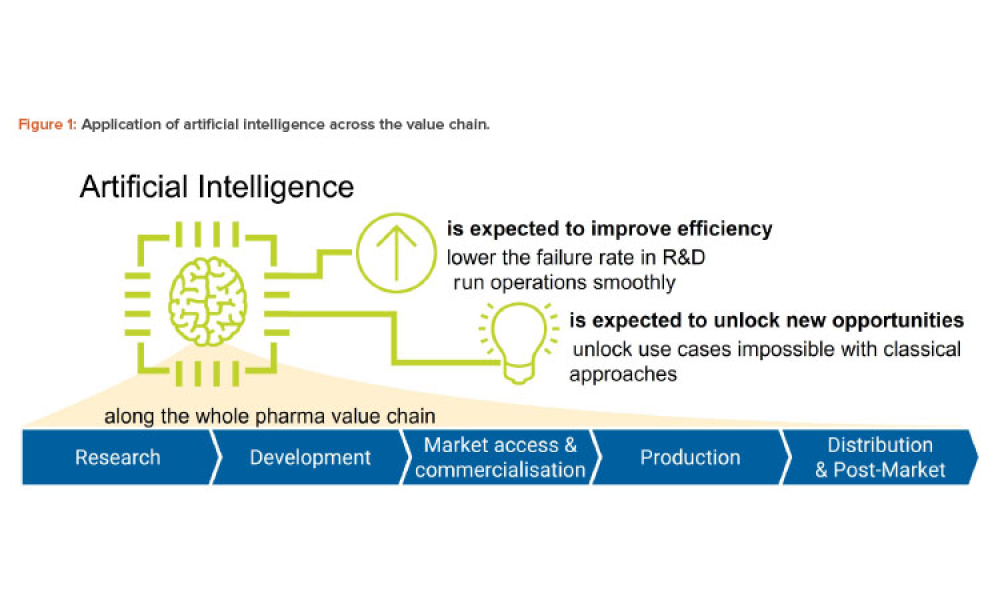Martin Heitmann

Related Articles
Informed consent aims to provide clinical trial participants with transparent education about the trial’s objectives, potential risks and benefits, and procedural requirements. As clinical trial designs evolve to include decentralized and adaptive elements, the informed consent process becomes increasingly complex. In response, this article explores the potential application of AI-powered...
The new ISPE GAMP® Guide: Artificial Intelligence provides a comprehensive, state-of-the-art best practice framework to efficiently and effectively achieve high-quality AI-enabled computerized systems in regulated life science areas. It bridges established GAMP concepts with...
The landscape of clinical trials has been transformed in a post-pandemic world. In July, ISPE released the second edition of ISPE GAMP® Good Practice Guide: Validation and Compliance of Computerized GCP Systems and Data – Good eClinical Practice. It addresses managing complexities associated with decentralized clinical trials, the benefits and challenges of using open-source software, and...
Stakeholders across industries are becoming accustomed to using information technology (IT) systems, applications, and business solutions that feature artificial intelligence (AI) and machine learning (ML). Even though some of these uses show phenomenal performance, thorough risk management is required to ensure quality and regulatory compliance are met within the life sciences industry. By...
ChatGPT and other large language models are positioned to change the world. They can also shift acceptance and prevalence of machine learning solutions in regulated industries in general. However, their arrival requires reconsiderations on risks, quality assurance, and validation from a GxP perspective.








